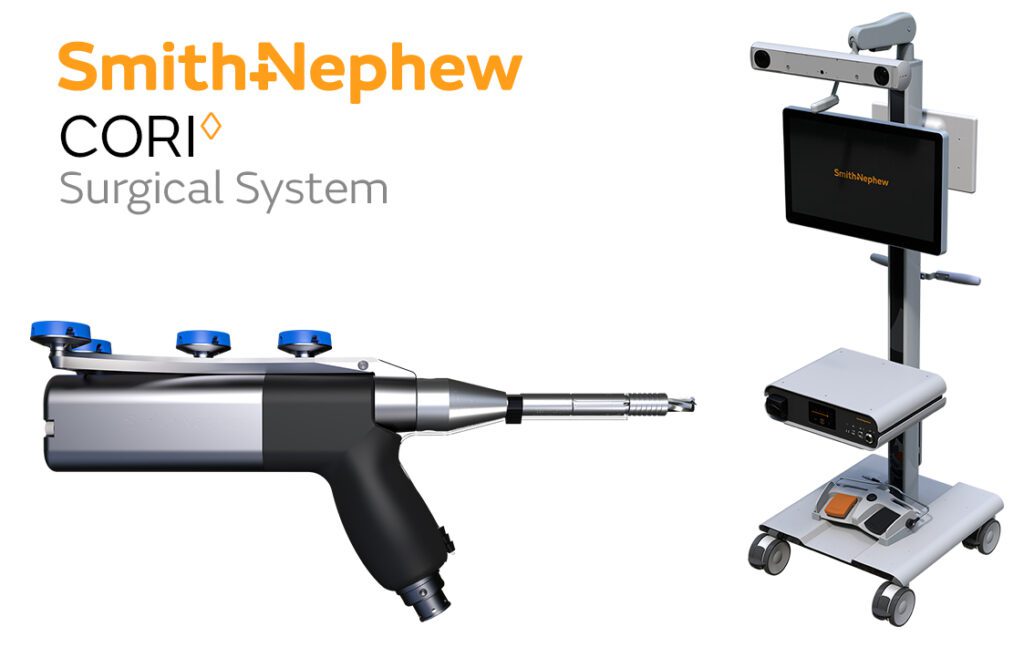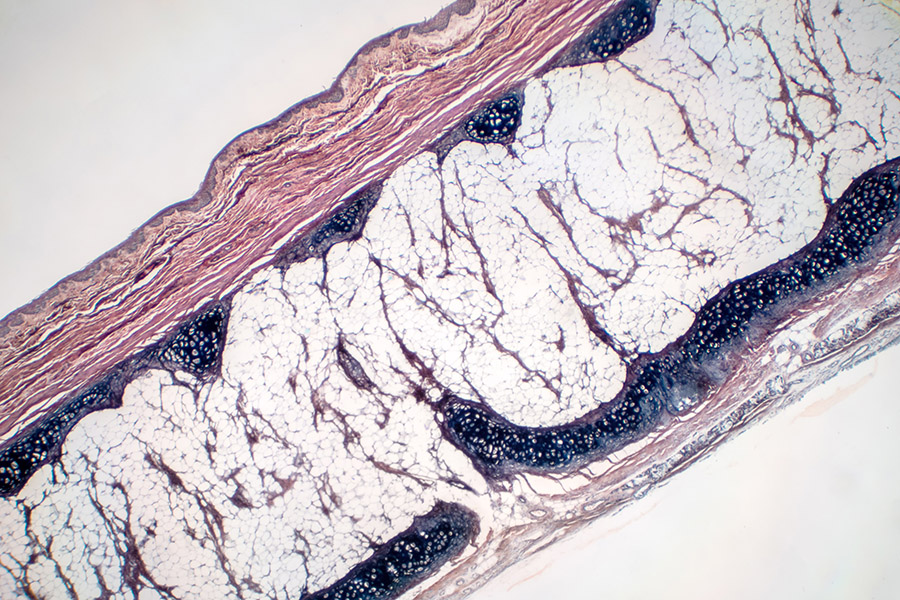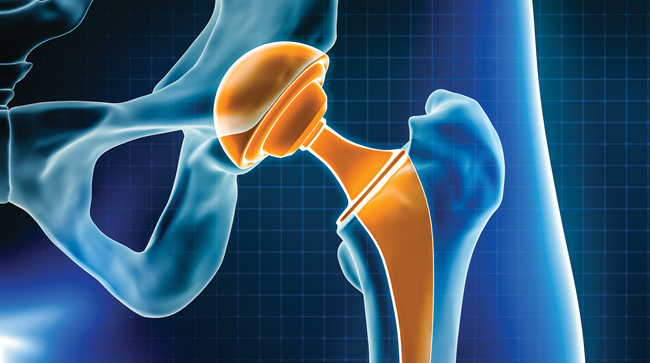

Meralgia Paresthetica: Burning Thigh Pain
Meralgia paresthesia is a nerve condition that causes pain and burning or numbness sensation in the thigh area, which is why it is sometimes referred to as “burning thigh pain.” It can be caused by several other conditions or circumstances but is treatable with conservative and non-invasive treatments.
What is Meralgia Paresthetica?
Meralgia paresthetic causes pain, aching, burning, numbness, or stabbing sensations in the thigh area due to the lateral femoral cutaneous nerve (LFCN) being compressed. It is not life-threatening or harmful to a person’s health but can be uncomfortable and annoying.
Burning thigh pain is a common condition, but often misdiagnosed and can develop in anyone regardless of age, race, or sex.
Some factors heighten the risk of developing meralgia paresthetica, including:
- Pregnancy
- Lead poisoning
- Conditions such as diabetes, hypothyroidism, and alcohol use disorder
- Injury from a seatbelt during a car accident
- Recent surgery in the hip area
- Legs that are two different lengths
- Scoliosis
Meralgia Paresthetica Symptoms & Causes
Meralgia means “pain in the thigh” and paresthetica means “burning pain, tingling or itching”, which are chief symptoms of the condition. Meralgia paresthetica symptoms only develop on one side of the body and in the front of the upper thigh, which can also include:
- Increased pain sensitivity, such as a gentle touch on the thigh causing pain.
- Worse pain after walking or standing for long periods.
- Pain extending down to the outer side of the knee
- Burning, aching, numbness, or tingling in the thigh.
As mentioned, the cause of meralgia paresthetica is the compression of the LFCN or lateral femoral cutaneous nerve. It is a large sensory nerve that travels from the spinal cord through the pelvic region and down the outside of the thigh. There are a variety of ways the nerve can be compressed, including selling and inflammation or injury and pressure due to:
- Wearing clothing and belts that are too tight around the waist
- Injury or surgery in the hip area
- Obesity, pregnancy, and diabetes
- A tumor near the nerve
Burning Thigh Pain Diagnosis & Tests
Diagnosing meralgia paresthetica typically involves a physical exam and a comprehensive understanding of the presenting symptoms, medical history, and the patient’s lifestyle. The doctor will review a patient’s medical and surgical history, looking for situations and conditions that can cause meralgia paresthetica, and ask questions to narrow down possible causes.
As part of the physical exam, the healthcare provider will perform a pelvic compression test, which is when the doctor applies pressure on the thigh to rule out other potential causes of the symptoms. Other tests include:
- Checking thyroid hormone levels for signs of hypothyroidism.
- B vitamin levels for signs of B12 or folate deficiency.
- Lead levels for signs of lead poisoning
- Hemoglobin or hematocrit tests for signs of anemia
- Blood glucose levels for signs of diabetes
- X-ray of the pelvis and thigh to rule out other potential conditions, such as bone tumors
- CT or MRI scans to look for spinal or nerve issues, such as a herniated disc.


Meralgia Paresthetica Treatment
Meralgia paresthetica treatment is generally conservative and relies on treating the underlying cause, such as losing weight or avoiding restrictive clothes like belts. Besides lifestyle adjustments, other treatments include:
- Topical medications and nonsteroidal anti-inflammatory medications to help ease symptoms.
- Radiofrequency nerve ablation: using radio waves to create a current of heat around a small area of nerve tissue to destroy that area of the nerve. This stops the nerve from relaying pain signals to the brain.
- Nerve blocks: an injection of local anesthetic close to a specific nerve or group of nerves to lessen pain.
- Medications that help treat neuropathic pain, such as duloxetine or pregabalin.
If you suspect that you may have burning thigh pain, schedule an appointment with us today for an examination, diagnosis, and treatment.



























